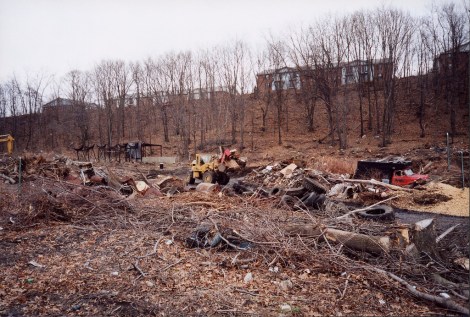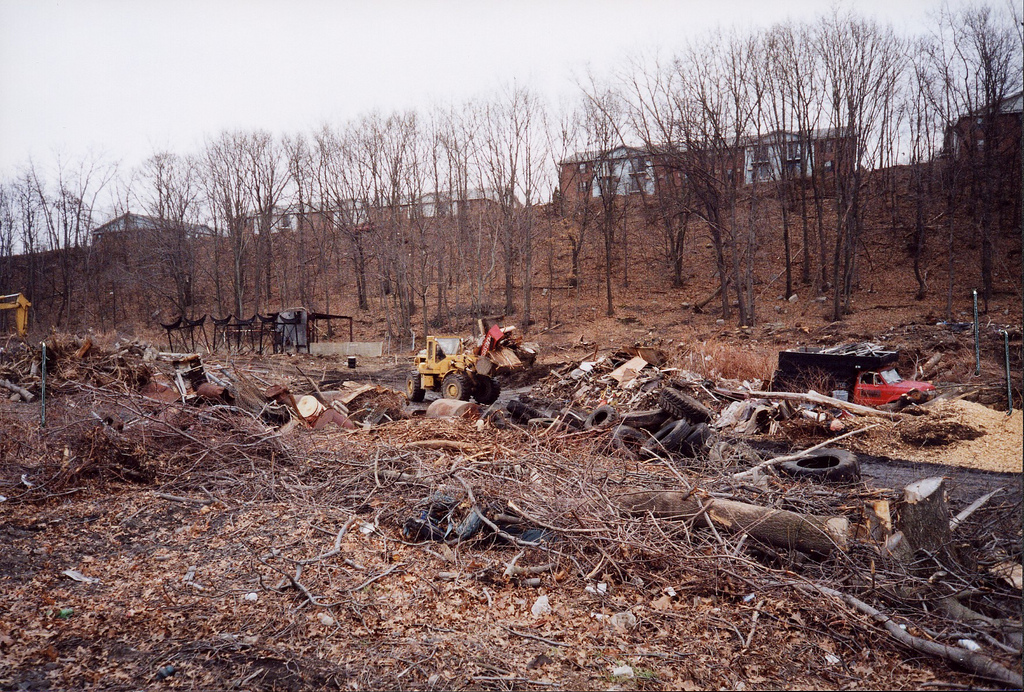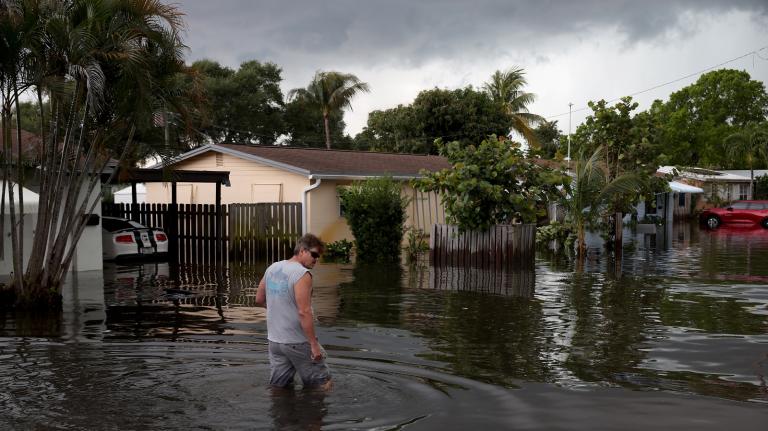Nearly all of America’s cities contain brownfields — contaminated, abandoned sites that can be as big as old rail yards or as small as former dry cleaners. The EPA estimates that there are more than 450,000 brownfield sites nationwide.

MA Dept. of Environmental ProtectionA brownfield in Worcester, Mass.
Greening all those brownfields is no easy task, and the EPA’s Brownfields Program still has a long way to go. But a new bill introduced in Congress could help.
The BUILD Act — BUILD stands for Brownfields Utilization, Investment, and Local Development — would make brownfields cleanup grants available to a wider variety of groups and local governments, and would generally smooth the way for communities to redevelop these properties. The bill specifically calls for extra assistance for disadvantaged and rural communities.
The legislation is sponsored by a motley bipartisan crew of senators: Mike Crapo (R-Idaho), James Inhofe (R-Okla.), Frank Lautenberg (D-N.J.), and Tom Udall (D-N.M.). That’s right: Republicans are working with Democrats to support the EPA’s efforts to clean up cities. Even in these mad, sequestery times, there appears to be a bit of sanity on Capitol Hill.
The bill has support from the National Brownfields Coalition, and Smart Growth America calls it “great news for America’s neighborhoods.”
“The BUILD Act is a win for everyone — Congress, local governments, business owners and taxpayers,” said Geoff Anderson, president and CEO of Smart Growth America. “Brownfields restoration drives economic growth while giving local governments the flexibility to pursue the projects they need the most. Transforming a community’s financial sinkhole into a new business or residential building is a no-brainer.”
“Smart development and revitalization of our urban areas require the transformation of sites that are contaminated by pollution and hazardous chemicals,” said another urbanist blogger Sen. Udall.
“Brownfields represent tremendous economic development opportunities. The BUILD Act could help communities make it happen,” writes Craig Chester at the Atlantic Cities.
Make it happen! That’s something we don’t generally count on Congress to do. No harm in crossing fingers on this one, though.



